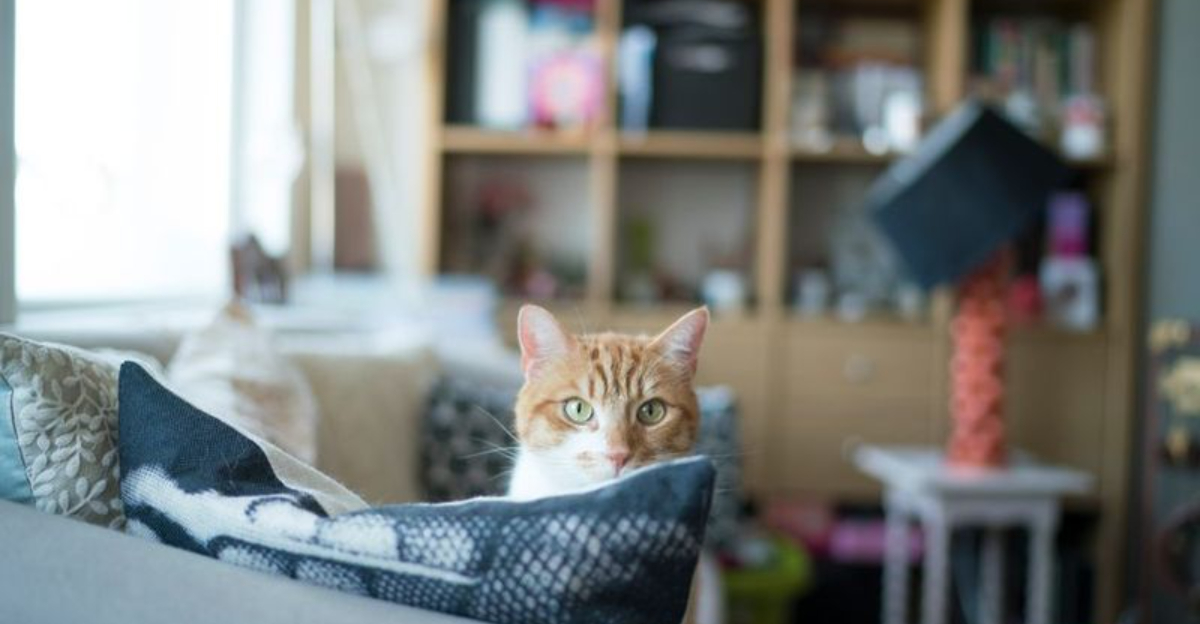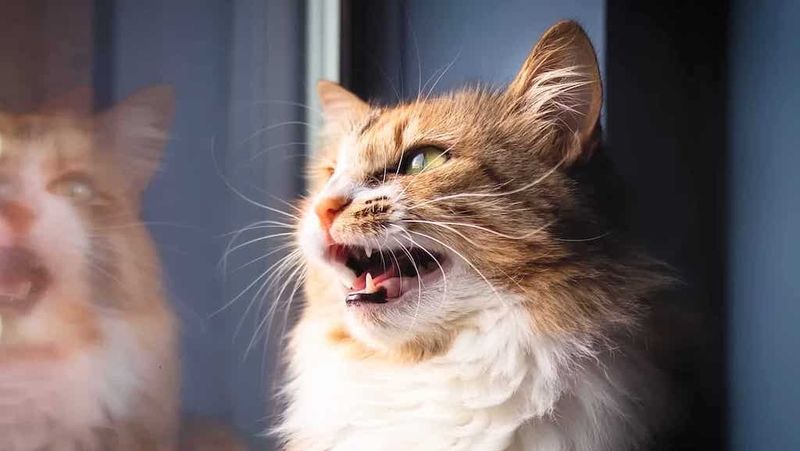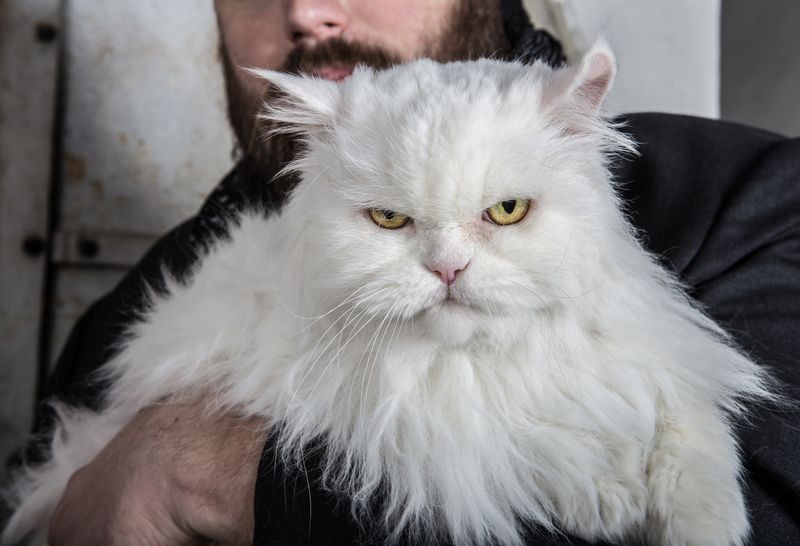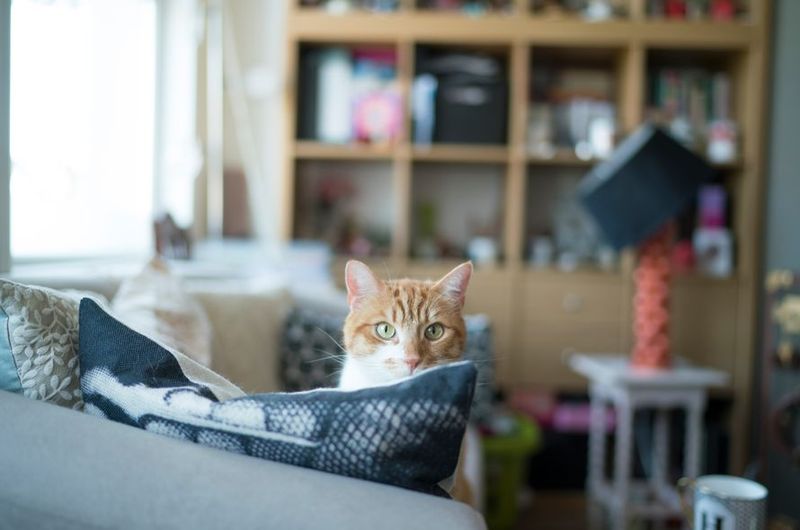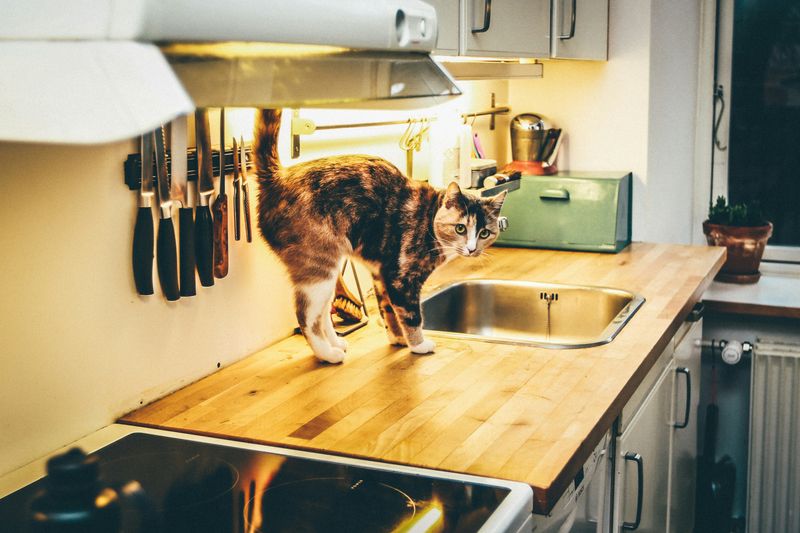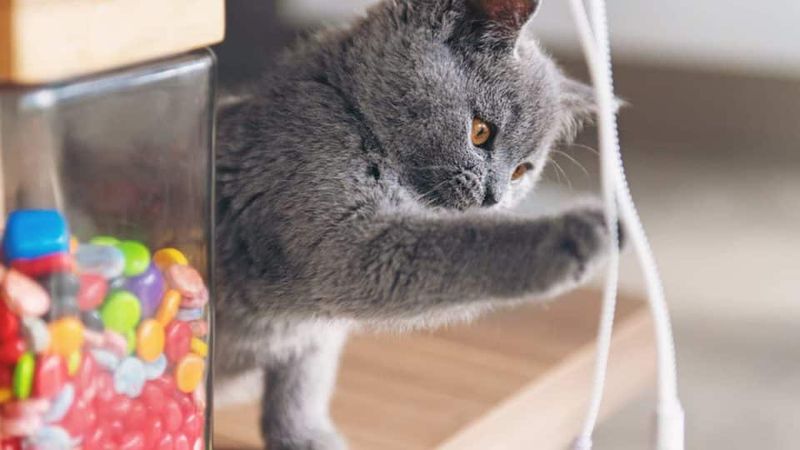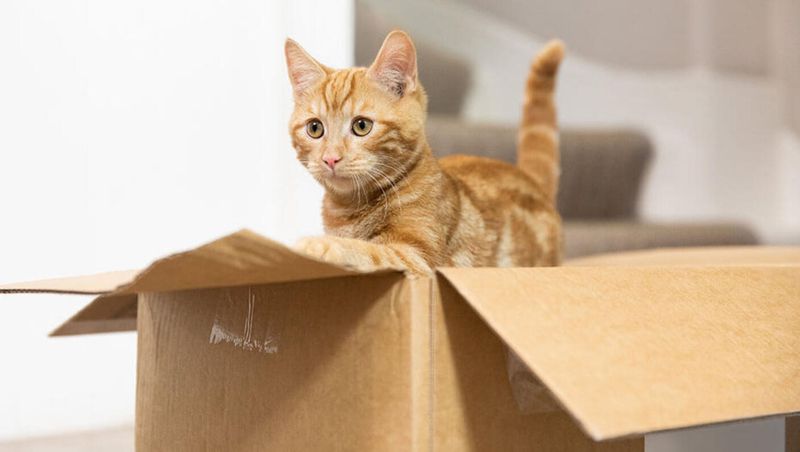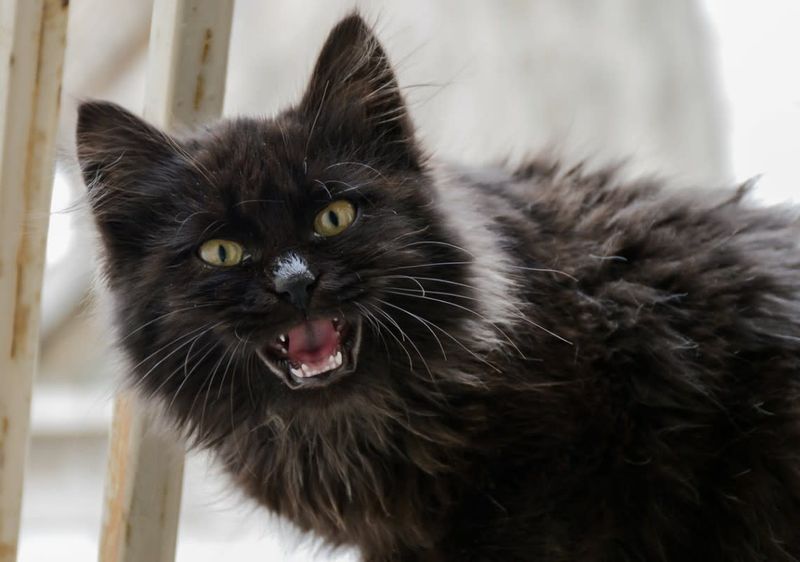📖 Table of Content:
- 1. Cats Don’t Speak Human (Especially Angry Human)
- 2. They Think You’re Just Being a Drama Queen
- 3. Negative Reinforcement? Cats Don’t Subscribe.
- 4. Your Cat Now Thinks You’re the Crazy One
- 5. Stress = More Bad Behavior
- 6. They Might Associate You, Not the Act, With the Yelling
- 7. They Were Going to Ignore You Anyway
- 8. They Might Interpret It as Attention
- 9. You Just Look Ridiculous
Have you ever caught your cat launching themselves off your face at 3 AM or turning your houseplants into a salad bar—and found yourself yelling their name like a disappointed gym teacher? If so, congratulations: you’ve just played yourself. Because while you were busy raising your voice to the heavens, your cat was already mentally checking out and planning its next bout of chaos.
The truth is, yelling at your cat isn’t discipline—it’s background noise. Felines are famously unbothered by human tantrums. Unlike dogs, who might actually feel bad for chewing your shoes, cats treat your shouting the same way they treat gravity: mildly annoying, occasionally entertaining, but largely irrelevant. If anything, they’re silently judging your poor vocal form while continuing their reign of dignified defiance.
In this article, we’re going to break down exactly why yelling at your cat is not only ineffective but also slightly embarrassing. From the feline brain’s inability to process angry syllables, to the way your shouting might just be encouraging their antics, we’ve compiled nine painfully relatable reasons why you’re basically just meowing into the void. Let’s dive into the fluff-filled world of feline psychology, where the only one being trained is probably you.
1. Cats Don’t Speak Human (Especially Angry Human)
While it may feel satisfying to holler a stern “NO!” after your cat launches off the countertop, it’s about as effective as lecturing a plant. Cats simply don’t comprehend human language the way we hope they do. They rely far more on tone, body language, and context clues than any actual vocabulary. So, when you’re shouting, “Stop scratching the couch!” they just hear garbled emotional noise. The only thing they’re processing is your tone—and if it’s angry, it might just stress them out. To your cat, your raised voice is an unprovoked thunderstorm with less dramatic lighting. They’re not being defiant; they’re being a cat. And cats, as we all know, take pride in their selective interpretation of reality.
2. They Think You’re Just Being a Drama Queen
Imagine someone yells every time you touch a doorknob. Confusing, right? That’s how it feels for your cat when you shout about the dining table being off-limits. They don’t understand the rules, but they definitely notice your flair for the dramatic. Cats are creatures of subtlety—they meow softly, blink slowly, and slink around like tiny spies. Your loud reaction is baffling at best and amusing at worst. In feline terms, you’re overreacting to an ordinary Tuesday. They don’t interpret volume as authority—they interpret it as noise. And noise? That’s something to ignore or hide from entirely.
3. Negative Reinforcement? Cats Don’t Subscribe.
If cats had LinkedIn profiles, “responds well to negative feedback” would not be listed under their skills. They’re not wired to change behavior based on scolding. In fact, punishment without context often just causes confusion. Say you yell after they knock something over—they don’t connect the dots between the act and the outburst. Instead, they file it under “unpredictable human reactions.” Effective training for cats is rooted in positive reinforcement: treats, praise, and redirecting behavior. Yelling skips all that and jumps straight to frustration, with zero impact on learning. Basically, it’s the equivalent of clicking “reply all” to a corporate email and expecting change.
4. Your Cat Now Thinks You’re the Crazy One
The moment you start yelling, your cat starts reevaluating their entire opinion of you. Why is the tall food-bringer suddenly malfunctioning? They were fine two minutes ago and now they’re bellowing at the air. Cats prefer predictable environments, and when you disrupt that with a sudden burst of noise, they get suspicious. Not of themselves, mind you—of you. To them, your yelling makes about as much sense as a dog walking backwards. It’s unsettling. The next time you raise your voice, don’t be surprised if your cat slowly backs away while maintaining unblinking eye contact. That’s not fear—it’s judgment.
5. Stress = More Bad Behavior
Ironically, the more you yell, the more likely you are to see an increase in the very behavior you’re trying to stop. Cats under stress tend to act out—they scratch more, pee outside the litter box, or hide for hours. Elevated cortisol from shouting environments can create long-term anxiety in pets. And anxious cats aren’t on their best behavior. Instead of correcting the issue, your yelling might be pushing your cat into a behavioral spiral. It’s like trying to fix a leaky faucet by smashing it with a hammer—technically a reaction, but not a productive one. Calmer solutions always yield better feline cooperation. Think less “football coach” and more “Zen cat whisperer.”
6. They Might Associate You, Not the Act, With the Yelling
Here’s where things get real: yelling doesn’t teach your cat to stop the behavior—it teaches them you’re scary when they do it. The association forms quickly: jump on the counter → human loses their mind. But instead of thinking “I shouldn’t jump on the counter,” they think “I shouldn’t jump on the counter when that person is watching.” This creates a sneakier cat, not a better-behaved one. Worse yet, they may start avoiding you entirely, thinking you’re unpredictable or unsafe. You unintentionally become the “mean roommate” of their furry sitcom. And in the end, the behavior continues—just when you’re not home to yell about it.
7. They Were Going to Ignore You Anyway
Let’s be honest: ignoring things is a cat’s core strength. Your voice, no matter how booming, is just another sound competing with “nap time” and “dust mote chasing.” If anything, yelling is just the annoying ad break between episodes of their ongoing curiosity sitcom. Cats are independent, self-governed beings who view your authority as optional—kind of like WiFi in a hotel lobby. The louder you are, the more they dig into their inner apathy. Occasionally, they might tilt their head or blink once, which is as close to a “noted” as you’ll get. Then it’s back to knocking stuff off shelves. They heard you. They just… don’t care.
8. They Might Interpret It as Attention
To a cat, your voice is a resource—especially if you’ve reinforced it in the past with food or affection. So when you suddenly erupt in loud, dramatic bursts every time they scratch the armchair, they might actually think, ooh, this gets a reaction! Attention is attention, even if it’s negative. This can backfire terribly, turning your reprimand into their favorite game. It’s the same logic toddlers apply when drawing on walls. If yelling brings energy and focus, they may repeat the behavior for another round. Congratulations—you’ve trained your cat to push your buttons on purpose. And they’re winning.
9. You Just Look Ridiculous
Let’s not pretend for a second that you look composed while yelling at your cat. You’re red-faced, flailing, and scolding an animal that just walked across your laptop like it owns the place. Meanwhile, your cat’s expression hasn’t changed. They look at you the way you might look at someone arguing with a coffee machine. It’s humbling, really. You’re not asserting dominance—you’re starring in a one-person tragicomedy. And your audience? Indifferent, whiskered, and already planning a new mischief.
